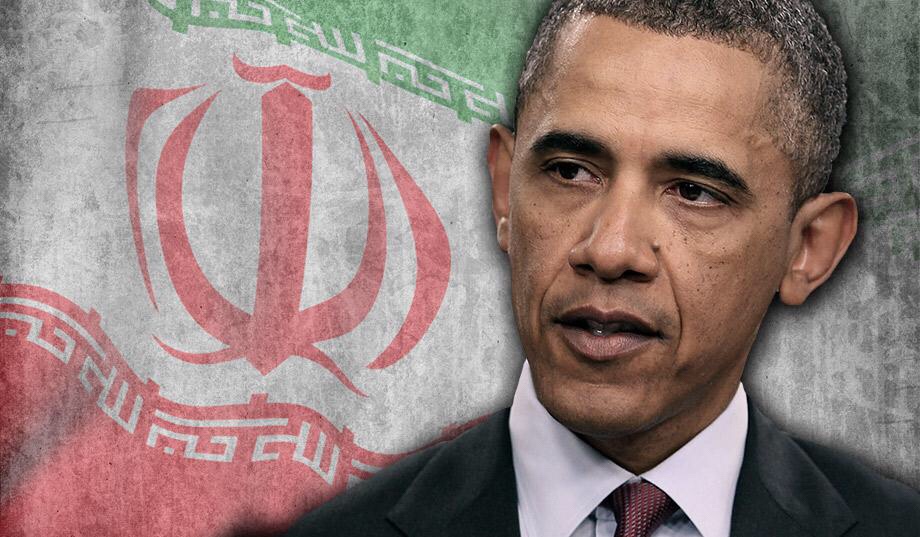 Michael Oren: Obama rejected Iran Green Revolution for nuclear deal
Michael Oren: Obama rejected Iran Green Revolution for nuclear dealBy GIL HOFFMAN
Former US president Barack Obama chose not to support the 2009 Iranian Green Protest Movement because he hoped to reach a deal with Iran on its nuclear weapons that he signed six years later, Deputy Minister Michael Oren (Kulanu) said on Monday.
Obama’s failure to help Iranian protesters has been criticized since then by Israeli officials, led by Jewish Agency chairman and former Soviet dissident Natan Sharansky, who has called it the biggest failure to help human rights in modern history.
Oren, who was the ambassador to the US at the time, said Obama initially claimed he would not support the protesters because the CIA helped overthrow nationalist Iranian prime minister Mohammad Mosaddegh in 1953 and that he wanted to show the Iranian people that he respected their sovereignty. Oren said the Obama administration had told Israelis behind the scenes that the protesters themselves did not want an American endorsement because it could discredit them in the eyes of the Iranian people.
“In retrospect, those explanations are less credible,” Oren told The Jerusalem Post. “The Obama administration’s lack of support for the Green Revolution was part of a pattern in which it did not hold Iran accountable for any provocation. It would seem it was part of a general approach that began in Obama’s first week in office in 2009 of wanting to reach a deal with Iran at pretty much any cost.”
Among the Iranian provocations ignored by the Obama administration, Oren listed the crackdown on the protesters, the kidnapping of Americans, having their missile boats provocatively approach American destroyers, trying to assassinate him and his Saudi counterpart in downtown Washington, the failure to follow through on a red line Obama imposed on Syrian dictator Bashar Assad using chemical weapons and Iranian-backed Hezbollah smuggling massive amounts of cocaine into the US.
Oren contrasted Obama seeing Iran as the solution to problems in the Middle East with his successor, Donald Trump, who Oren said sees Iran as the problem. Asked if Israel deserved credit for Trump’s view, Oren said Israel did not need to push him because he knew the Iran deal was bad.
“If the Iranian regime brutally cracks down on its own people peacefully demonstrating, imagine what that regime would do to nations it vows to obliterate,” Oren tweeted. “Under the nuclear deal, the regime could someday produce nuclear weapons. Nix or fix it now.”
Ahead of Prime Minister Benjamin Netanyahu releasing an English-language video about Iran on Monday evening, Israeli politicians declined to speak about the current protests. Bayit Yehudi chairman Naftali Bennett and Yesh Atid leader Yair Lapid both told the Post the issue was too sensitive.
“We need to be saying as little as possible on Iran, because that is the responsible thing to do,” Lapid said. “Israel saying more would harm the protesters and could strengthen the regime.”
But Zionist Union leader Avi Gabbay had no problem with endorsing the protests, even hinting that they sent a message to Netanyahu himself.
“We should be happy the people of Iran are coming out against their leadership,” he said. “I wish the earlier protests had succeeded. The protesters’ message is important to all the rulers in the region: Deal with the needs of your people.”
No comments:
Post a Comment